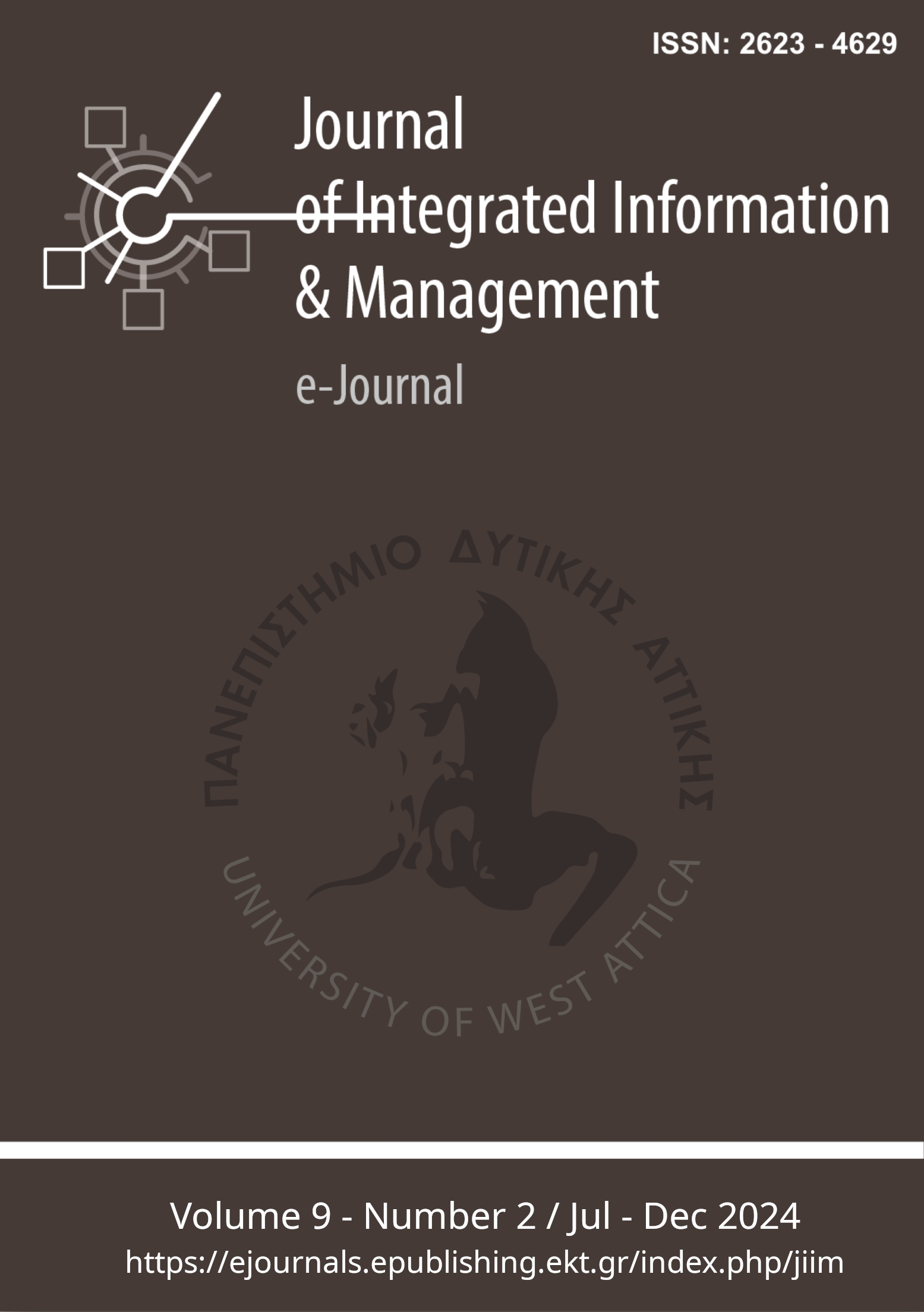A Literature Review on Research Indexes

Abstract
Purpose – In this article, we have conducted a systematic literature review (SLR) on research indexes, in order to descry their acceptance and usage within the scientific community, as well as the tools and the metrics most frequently employed.
Design/methodology/approach – The presented SLR followed the PRISMA framework [2] and the methodology described by Kitchenham [1]. Based on a set of research questions, a number of queries were set on the most prominent research databases, so as to retrieve the respective research publications.
Findings – According to the outcomes of our SLR, researchers utilize all three research databases, while showing a preference for Scopus.
Originality/value – The paper presents a systematic literature review of the publications related to research databases so as to gain insights about the current state of searching, retrieval, evaluation, and exploitation of the research publications and the related information by academics.
Article Details
- How to Cite
-
Christopoulou, K., Triperina, E., Antoniou, A., Wallace, M., & Kouis, D. (2024). A Literature Review on Research Indexes. Journal of Integrated Information Management, 9(2), 14–19. https://doi.org/10.26265/jiim.37724
- Section
- Research Articles

This work is licensed under a Creative Commons Attribution-NonCommercial 4.0 International License.
Copyright Notice
Authors who publish with JIIM agree to the following terms:
- Authors retain copyright and grant the journal right of first publication with the work simultaneously licensed under a Creative Commons Attribution Non-Commercial License that allows others to share the work with:
- An acknowledgment of the work's authorship and initial publication in this journal.
- Authors are permitted and encouraged to post their work online (preferably in institutional repositories or on their website) prior to and during the submission process, as it can lead to productive exchanges, as well as earlier and greater citation of published work.





